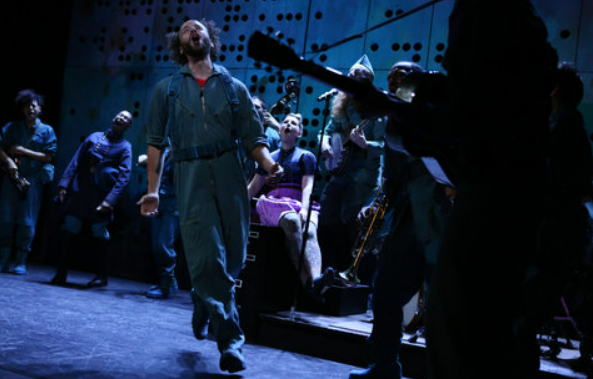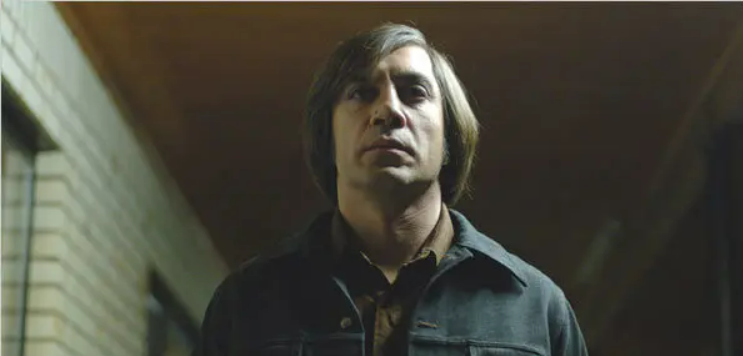Ella Weeks, age 14
Entitled “Wiped Out!,” The Neighbourhood’s latest album makes a splash. This Californian band, known for wrapping together jazzy textures, smashing beats, indie style, moody lyrics and the raspy voice of Jesse Rutherford, has got the attention of both teenage girls and alternative music fans. Released on October 30th, “Wiped Out!” doesn’t fail to address signature themes of California, the beach and Rutherford’s father and ex-girlfriends — yet explores an unexpected direction for the band.
Press play, and you’ll find you’ve paid $1.29 for 34 seconds of silence. Whether for respect or to prolong the wait for the highly anticipated release, it starts off with the mysterious and somewhat appalling “Moment of Silence.” The album then plummets into a four-song mini-collection (“Prey,” “Cry Baby,” “Wiped Out!,” and “The Beach”) of Rutherford’s identity-induced pain — something surprising for listeners. He sings, “I got the pressure that’s pushing my buttons and making me think about death,” in “Wiped Out!” and “I’m sick and I’m tired too…/ I hope I don’t murder me / I hope I don’t burden you” in “The Beach.” Although Rutherford’s lyrics feel earnest, they’re harsh for the more casual listener.
But the album then dips into the band’s more familiar side with songs like: “Daddy Issues,” a velvety ode to Rutherford’s deceased father; “Greetings from Califournia,” a haunting and bass-heavy piece not unlike “Let it Go” off their 2012 EP “Thank You”; and closing track “R.I.P. 2 My Youth,” the sinister hit about the band’s death of innocence. These songs rekindle the classic, melodious sounds of The Neighbourhood, as does “Baby Came Home 2 / Valentines,” the standout sequel to “Baby Came Home” off their breakout EP “I’m Sorry….” “She was five foot four with some money on the floor in a box that’s hidden under her bed / I was only twenty-two with a pocket full of truth but I gave her everything that I had,” Rutherford writes. The combination of mysterious lines and aching guitar chords give the sequel the sensuality and pain of the very relationship it’s written about.
Overall, the album adds a new flavor of distress. But the incorporation of the band’s styles isn’t as strong as it was on their last album “I Love You,” and neither are the lyrics. While some painful lines require a less casual listener to be enjoyed, the album’s seamless tone outweighs complaints. The sounds are heavy, moody, intoxicating and catchy; The Neighbourhood is still as captivating as ever. “Wiped Out!” evokes the feeling of being young, emotional and reckless underneath California’s palm trees — even for those who have never visited the state.

